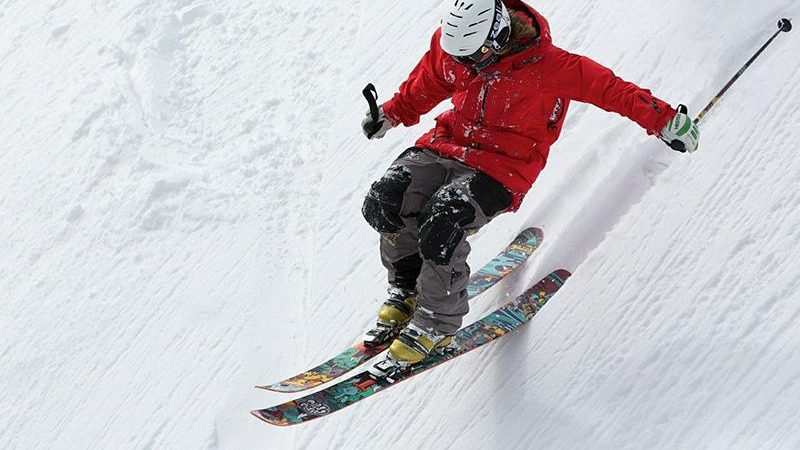Warning Signs of Mild Brain Injury Following a Car Accident in Ontario
Following a car accident in Ontario, most people are concerned with the obvious injuries: neck pain, bruising, or soreness. But some of the most serious injuries are the ones you can’t see. Mild Traumatic brain injuries, known more commonly as concussions, can occur with even low-speed collisions and may not be immediately apparent in the hours or days following the collision. As Ontario personal injury lawyers, we see this all the time. Accident victims walk away thinking they are fine, just to then develop symptoms later which affect their memory, mood, concentration, work performance, and general quality of life. The…
Read More





